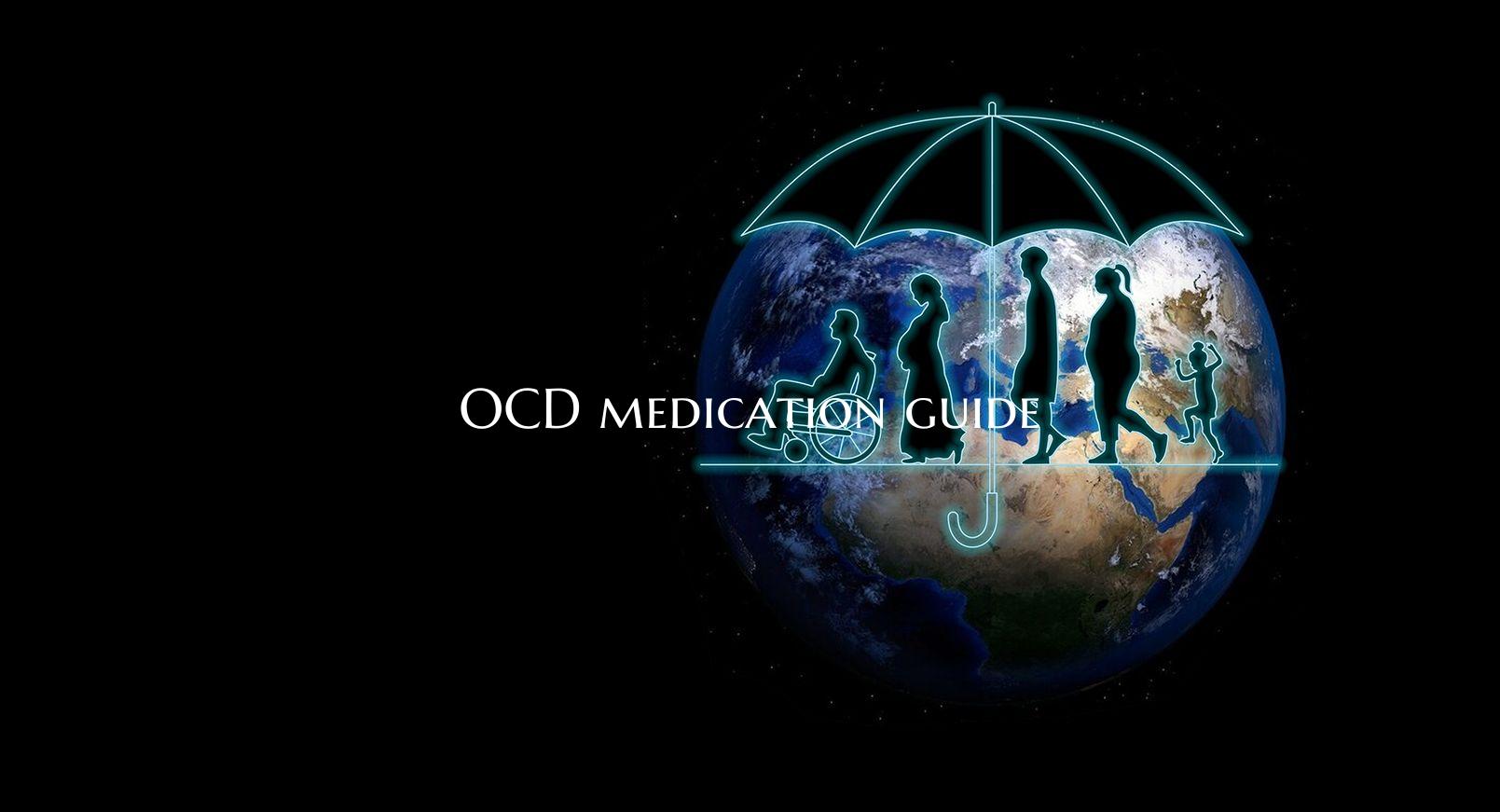
OCD medication guide
Obsessive-Compulsive Disorder (OCD) is a mental health condition characterized by persistent and intrusive thoughts, as well as repetitive behaviors or rituals. While therapy such as Cognitive Behavioral Therapy (CBT) is often the first line of treatment for OCD, medication can also be an essential part of managing the symptoms. This OCD Medication Guide provides an overview of the different types of medications commonly used to treat OCD.
1. Selective Serotonin Reuptake Inhibitors (SSRIs): SSRIs are a type of antidepressant that are commonly used to treat OCD. Examples include fluoxetine (Prozac), sertraline (Zoloft), and paroxetine (Paxil). These medications work by increasing the levels of serotonin in the brain, which can help to reduce the symptoms of OCD.
2. Tricyclic Antidepressants: Tricyclic antidepressants such as clomipramine (Anafranil) are another class of medications that can be effective in treating OCD. While they are not as commonly prescribed as SSRIs due to more side effects, they can be effective for those who do not respond well to SSRIs.
3. Serotonin-Norepinephrine Reuptake Inhibitors (SNRIs): SNRIs like venlafaxine (Effexor) may also be prescribed for OCD treatment. These medications work by increasing the levels of both serotonin and norepinephrine in the brain, which can help to alleviate OCD symptoms.
4. Adjunctive Medications: In some cases, other medications may be added to an existing treatment regimen to enhance the effects of the primary medication. For example, atypical antipsychotics like risperidone (Risperdal) or aripiprazole (Abilify) may be used in conjunction with an antidepressant to help manage OCD symptoms.
5. Monitoring and Side Effects: It is crucial to work closely with a mental health professional when taking medication for OCD. Medication effectiveness and any potential side effects should be monitored regularly. Common side effects of OCD medications may include nausea, insomnia, weight gain, and sexual dysfunction.
6. Combination Therapy: In many cases, a combination of medication and therapy may be the most effective approach to managing OCD. This combination can help address both the underlying causes of OCD and provide symptom relief.
Remember that medication affects individuals differently, and it may take some time to find the right medication and dosage that works best for you. Always consult with a healthcare provider before starting or making any changes to your medication regimen.
In conclusion, medication can be a valuable tool in the treatment of OCD, but it is essential to work closely with a healthcare provider to find the most effective and safe treatment plan for your individual needs.